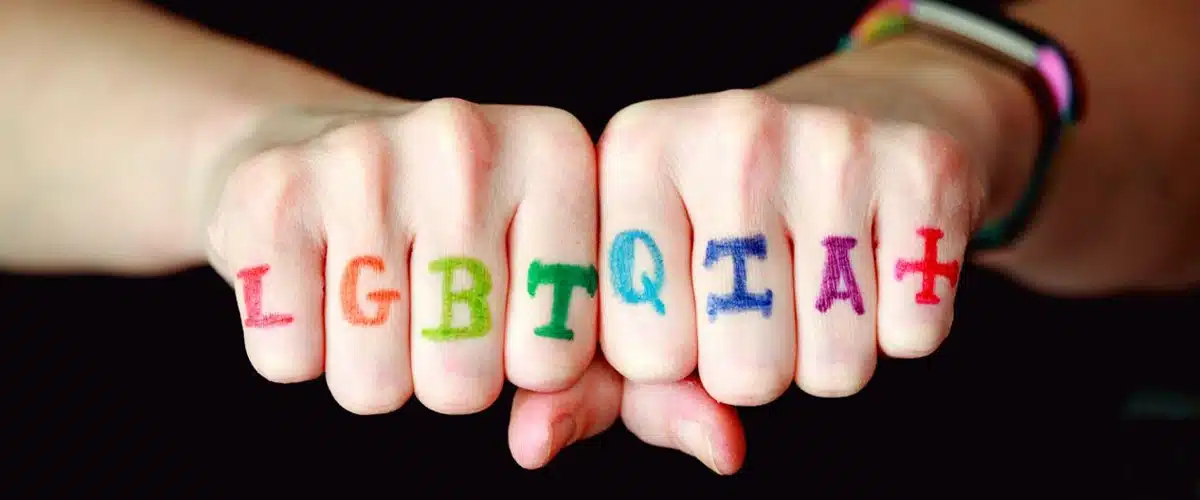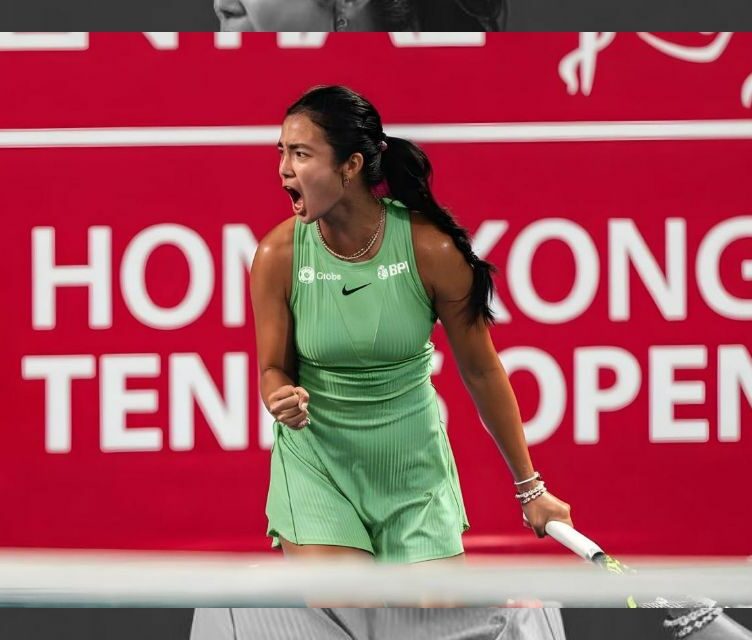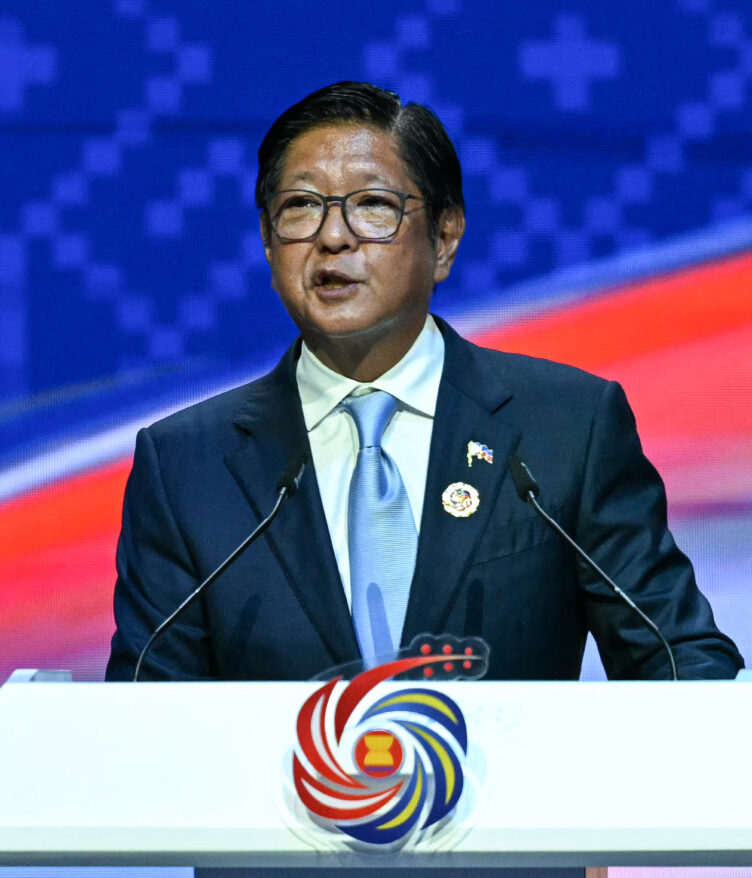JUNE has never been just a month for the LGBTQIA+ community all over the world—it is also a celebration of belongingness and a protest for radical change against persistent gender-based prejudices.
In the Philippines, the continuous pursuit for a lifelong safe space for LGBTQIA+ people flourishes through developments such as gender-inclusive policies, accurate media representations, progressive advocacies, and more. The pioneers of these collective efforts served as role models for the LGBTQIA+ community, inspiring more initiatives to emerge.
Here are some of the firsts in Philippine LGBTQIA+ history:
First Philippine NGO for the elderly LGBTQIA+ people: The Golden Gays (1975)
The Home for the Golden Gays, or The Golden Gays, was established in 1975 by the late Filipino LGBT activist and columnist Panfilo Cagoco Justo. More than a retirement place for the elderly gay men who were banished from their homes, this also served as a safe house for an unabridged expression of their gender identity—warmly regarded as “lolas” or “grandmothers.”
After the death of Mr. Justo in 2012, the Golden Gays community relocated throughout Manila, and on occasion, the lolas gather in a small apartment in Pasay City to prepare for drag shows as a show of gratitude for donations. They have also been featured in multiple media outlets, including MEGA, BBC Travel Show, GMA News, and more.
First LGBTQIA+ student organization: UP Babaylan (1992)
UP Babaylan was established in 1992, a year after a hate crime happened against one of their community members at the Narra Residence Hall. At a time when the LGBTQIA+ community faced significant societal prejudice, the organization initially struggled to recruit members amid fears of societal backlash in a conservative Philippine society.
Now, UP Babaylan is widely regarded as a notable organization within and beyond their Baguio, Clark, and Diliman chapters—from holding the first LGBT leaders’ conference in 1997 to being a part of Lagablab and Metro Manila Pride’s emergence. Likewise, similar student organizations in universities now exist in the Philippines, such as The Ateneo Dollhouse, FEU SAGA, PUP’s Kasarianlan, and more.
First Pride March in the Philippines and Asia: Quezon City (1994)
On June 26, 1994, Pro-Gay Philippines and the Metropolitan Community Church Philippines organized Asia’s first Pride March in Quezon City in honor of the 25th anniversary of the Stonewall Riots. The event brought together over 40 LGBTQIA+ advocates, marking a significant milestone for LGBTQIA+ rights and inspiring more annual Pride celebrations in the Philippines.
In the succeeding years, the Pride March progressed into a symbol of LGBTQIA+ visibility and activism in the Philippines, eventually reaching an all-time high of 70,000 attendees during the 2019 Metro Manila Pride March.
First anthology of Philippine gay writing: “Ladlad” (1994)
“Ladlad: An Anthology of Philippine Gay Writing,” edited by J. Neil Garcia and Danton Remoto, was published in 1994. Its release coincided with the first Pride March and the first gay literature class at the University of the Philippines, also taught by J. Neil Garcia, marking a significant year for LGBTQIA+ milestones in the Philippines.
The anthology consists of poems, stories, essays, and plays about the personal experiences of gays in the Philippines, namely “Pagkatapos ng Dilim” by Rands Sanchez Catalan, “Green Rose” by Danton Remoto, “Three Letters” by J. Neil Garcia, “He Who Sleeps on My Lap” by Ronald Baytan, “Kuwan” by Rodolfo Lana Jr., and more.
It has also released two more volumes covering the years 1996 and 2007, inspiring Filipino writers to explore LGBTQIA+ themes and significantly shaping the Philippine literary landscape in emerging academic curricula.
First international gay and lesbian festival: the Pink Film Festival (1999)
In 1999, Filipino multi-awarded filmmaker, film historian, and professor Nick Deocampo, organized the Pink Film Festival, marking the first international gay and lesbian festival in the Philippines. In his formative years in the 1980s and 1990s, Deocampo directed sociopolitical films exploring themes such as gender and sexuality, Philippine history, and social justice, including works like “Oliver” (1983), “The Sex Warriors and the Samurai” (1985), and “Memories of Old Manila” (1993), among others.
Today, LGBTQIA+ themed films have been widely recognized in Philippine theaters, television, film festivals, and streaming platforms.
The LGBTQIA+ community has developed over a hundred representations in different fields in the Philippines—from organizations, mainstream media, literature, education, politics, and so on.
First transgender congresswoman in the Philippines: Geraldine Roman (2016)
Geraldine Batista Roman made history in the 2016 elections by winning the seat for the first legislative district of Bataan with 104,287 votes (62%) of the total. Her victory was momentous as she became the first transgender person elected to the Philippines’ House of Representatives, a beacon of hope for transgender individuals and the whole of the LGBTQ+ community—still confronted with discrimination and violence.
Since taking up her term, Roman has been active in authoring and co-sponsoring multiple bills on electoral reforms, health, labor, natural resources, human rights, and veterans affairs. Along with the collective equality champions, she is one of the leading figures in the passage of one of the longest running-bills in the Philippines, the SOGIE Equality Bill.
Despite this, the pursuit of genuine acceptance of their identities continues as the SOGIE Bill faces impediments along with the persistence of gender-based discrimination in the Philippines.
With reports from Rianna Mae B. Santiago
How useful was this post?
Click on a star to rate it!
Average rating 0 / 5. Vote count: 0
No votes so far! Be the first to rate this post.
We are sorry that this post was not useful for you!
Let us improve this post!
Tell us how we can improve this post?








